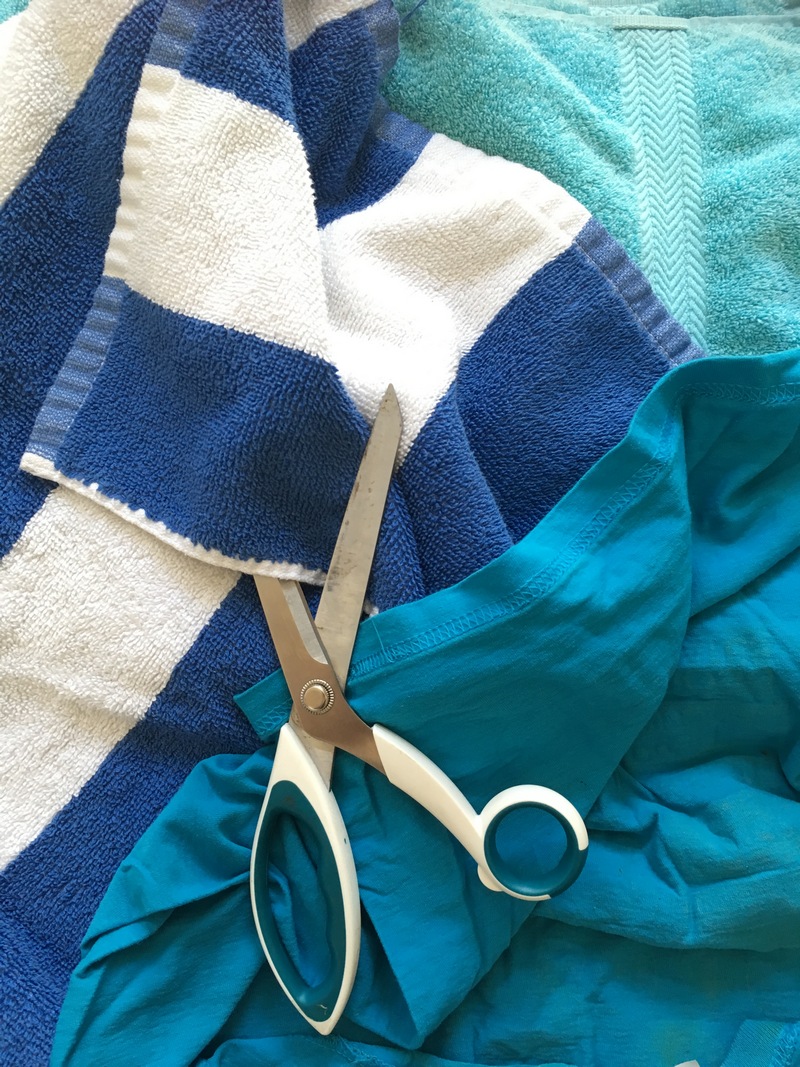By Emma Fashokun, manager of the Cornish Gems Coffee Lounge
Since the beginning of this global pandemic, we have all become more acutely aware of cleanliness. The necessity of keeping the virus at bay has seen a barrage of information on everything from effective handwashing to startling facts about how long the virus remains active on hard surfaces.

As plastic free advocates, we often search for more sustainable ways to keep ourselves and our surroundings clean without using plastic containers. Unfortunately, when it comes to bleaches and other anti-viral disinfectants, there are no plastic-free alternatives. We have, however, investigated some of the ways that you can stick to the guidelines in a plastic free, sustainable way.
Handwashing
Many studies have shown that using a solid bar of soap is equally as effective as its liquid alternative. In fact, a bar can be better than some of the commercial foaming liquid soaps which require less hand rubbing, a key element to killing the virus. Additionally, there is no evidence that the soap retains a virus or bacteria, unlike the pump handle of the standard liquid soap bottle. Of course, a lot of bar soaps also come wrapped in paper, which avoids unnecessary single-use plastic waste.
Cleaning cloths
Rather than buying plastic-infused microfibre commercial cleaning cloths, consider making your own from old towels and other household linens. These can then be washed with detergent at a high temperature after every use. This will ensure they remain virus and bacteria free. Of course, as well as saving on plastic use, you will also save money!
Dishwashing brushes
Just as effective as a plastic brush are the myriad natural fibre alternatives. Using fibres from plant sources such as coconut husk and tampico, these brushes will clean your dishes just as well as their plastic counterpartss and are fully biodegradable. Your dishes may take you a few minutes to wash up — you don’t want your brush to still be on our planet in 1,000 years.
Laundry
Unicef has issued advice that we should all be washing our clothes at the warmest appropriate setting, as well as ensuring they are completely dry. There are now lots of sustainable brands on the market that enable us to achieve safe and clean laundry without damaging our environment. Look for phosphate free and natural ingredients as well as plastic free packaging.
Remember that every time you choose a single-use plastic alternative, you are making a difference. If you buy one plastic dishwashing brush a month, that’s 960 pieces of plastic which will be littering our planet for centuries to come. We can all do our bit to stay safe.
• Follow Plastic Free St Ives on Facebook for details about the group’s next beach clean.


